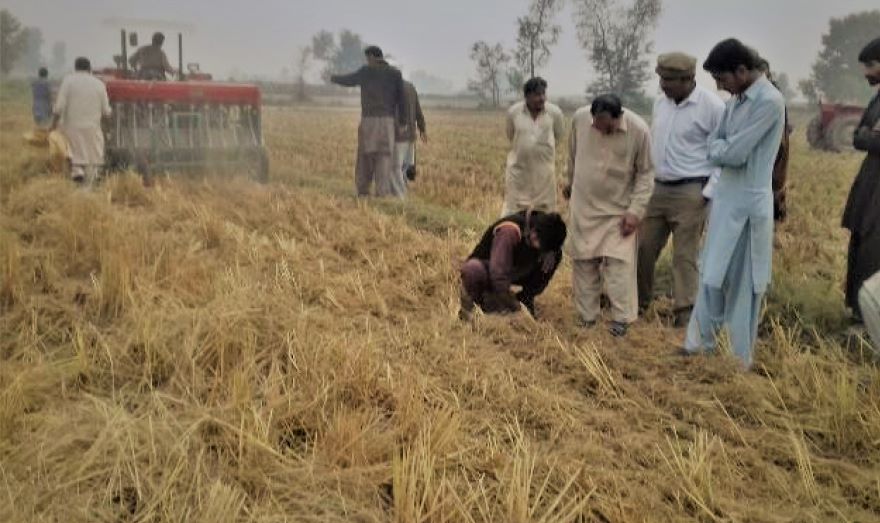
In recent years the USAID Agricultural Innovation Program for Pakistan (AIP) has continued to promote use of the Happy Seeder. During 2018-19 wheat season, Zero till Happy seeder technology was demonstrated on 111 farmer fields in nine regions of Punjab and KPK. This demonstrated very significant savings plus increased yields compared to the practice of burning residue and heavy tillage. 2019

